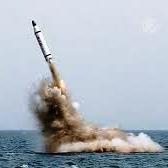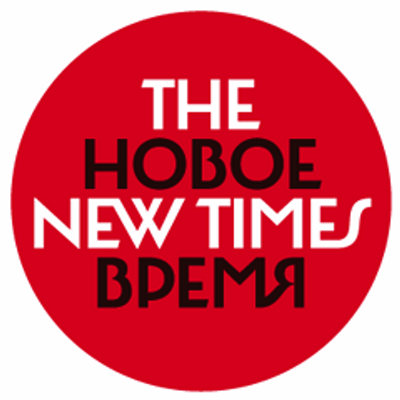(Stratfor) Two momentous events marked the early part of 2014 in Eurasia: The Russian Black Sea resort town of Sochi hosted the Winter Olympics, the first games in Russia since the Soviet era. And a few hundred kilometers to the west, a long-simmering political crisis on the Crimean Peninsula reached its boiling point. […]
Kimberly Marten, a professor of political science at Barnard College, has written persuasively that Russia's takeover of Crimea in 2014 may have been staged at least in part to draw the public's attention away from Sochi. Diversionary conflict, she explains, served to distract audiences from troublesome issues at home through a "rally-around-the-flag" effect. In the years leading up to the Sochi Games, a transition of sorts had occurred in Putin's domestic political coalition. One of the components of that coalition, according to Marten, was composed of "economic internationalists," who were worried about the state of Russia's economy. The degree of corruption connected with the Sochi Games became in many ways a symbol of broader mismanagement in Moscow. And the event apparently threated to turn the group of influential economic internationalists away from Putin's vision for the country. According to this line of reasoning, the Russian president was looking for a way to divert attention at home from the rottenness at the core of the Russian economy that Sochi embodied. […]
Read More © Stratfor











